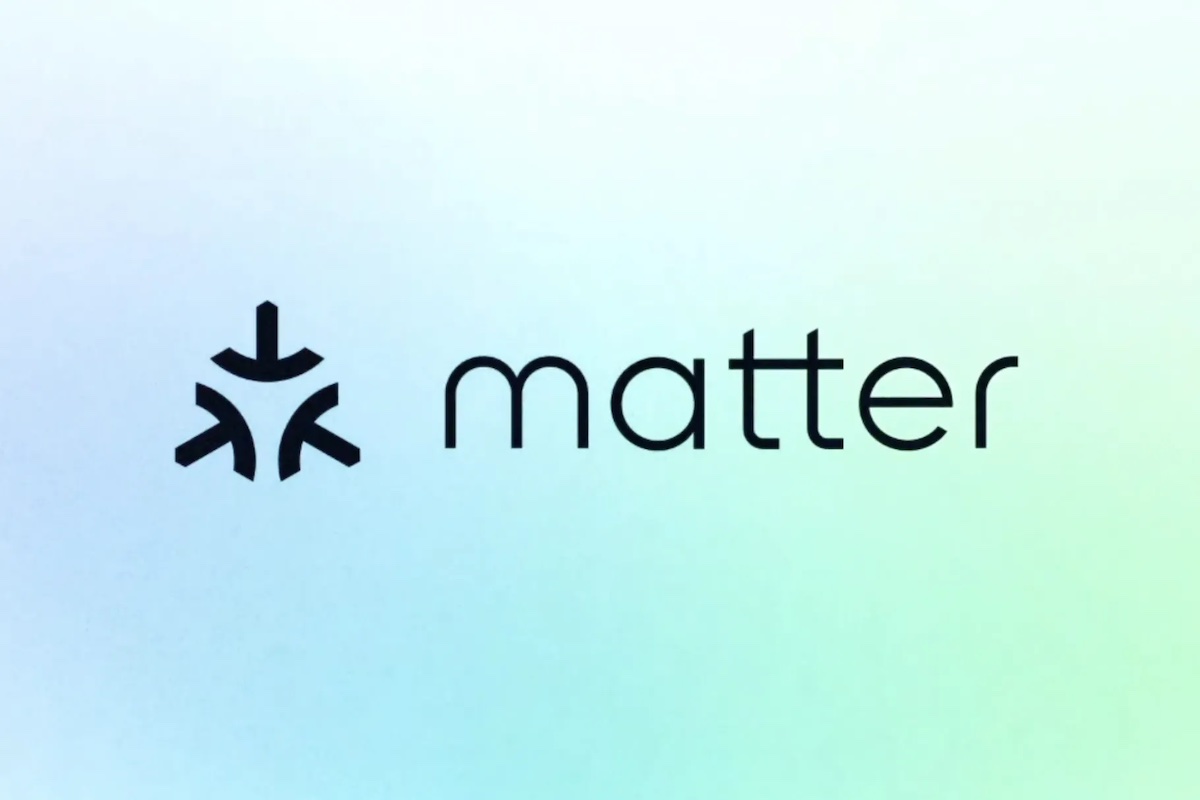Matter, a smart home standard backed by Apple, Samsung, Google, and Amazon, is working on a new casting standard that could replace the likes of AirPlay and Google Cast. The standard does not have an official name yet, but it is expected to not only allow casting media, but enable TV control such as changing voliume, switching inputs and channels.
Since Matter is platform agnostic, having an open casting standard could mean that users might be able to cast media using any voice assistant, streaming stick or TV. Amazon is the primary stakeholder that is pushing to make this happen, as it does not have a casting standard of its own.

Matter’s universal casting standard could be a dream come true
As reported by The Verge, Even though Amazon has Alexa, it has to work with other smart device manufacturers to enable media control using voice.
Based on the specifications, Matter could allow casting from devices or apps that support it, or even simply by using URLs, as long as the receiving TV supports DASH or HLS DRM, both of which are common across smart TVs nowadays. The standard could also support smart home notifications, which means that a video feed from a smart doorbell could appear on a TV.
The Verge reports that the protocol is not exactly like AirPlay or Google Cast, but it takes a bit of features from both:
The technology here is not system-level specific, as with Apple’s AirPlay. It appears to be more akin to Google’s Cast, where apps will need to build support for it, at least initially. But like AirPlay, and as with all Matter communications, it’s entirely local. Communication from device to device uses Matter as the channel. At launch, Matter will use ethernet, Wi-Fi, and Thread as its communication protocols.
The main purpose of this universal casting standard is to avoid manufacturer lock-in. However, The Verge lists scenarios where an LG TV might want to see notifications from a Samsung washing machine. To avoid such scenarios, manufacturers are not under obligation to adopt the complete specification, which means that manufacturer lock-in will still exist in one way or the other.
Apps, as well as receiving devices like TVs, will have to implement support for Matter. Apple and Google seem to be on board with casting being part of the Matter smart home standard, but whether they will adopt it at a system level is yet to be seen.
In an ideal world, it would be amazing to be able to use Google Assitant to control AirPlay, or use Siri to control Chromecast. We will find out next year how this standard is adopted by the two major platform owners.
Read more: